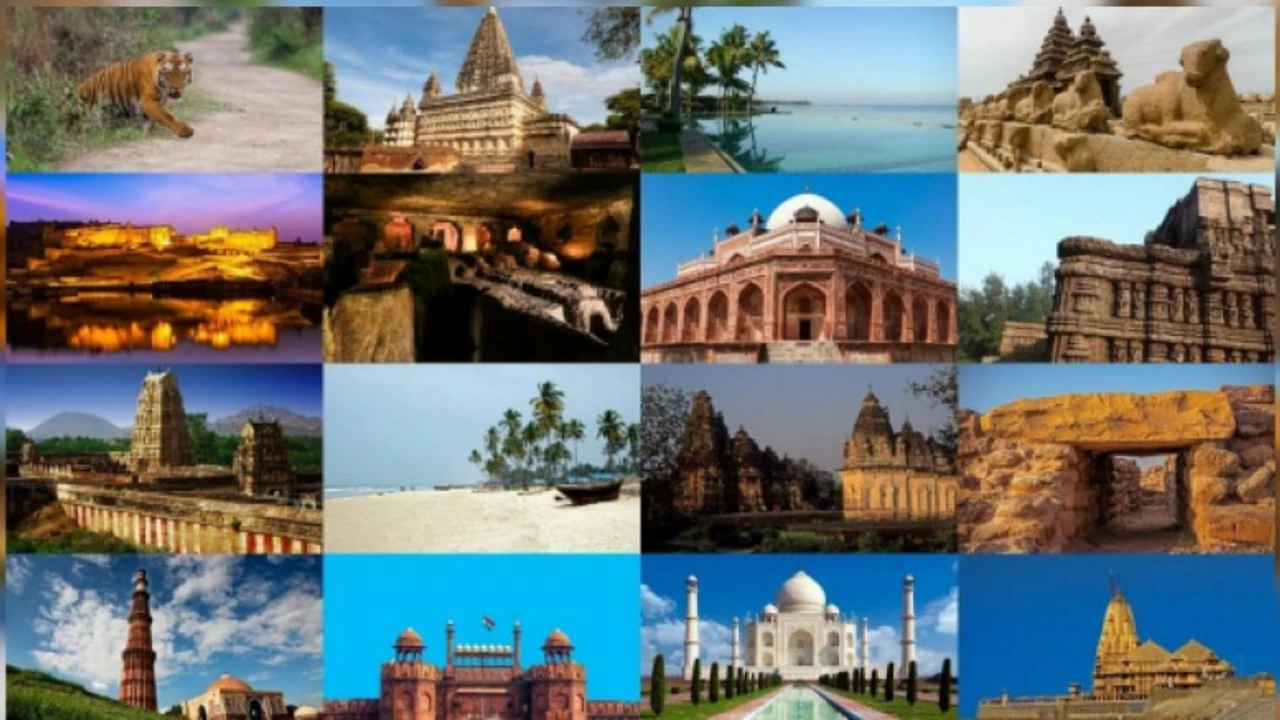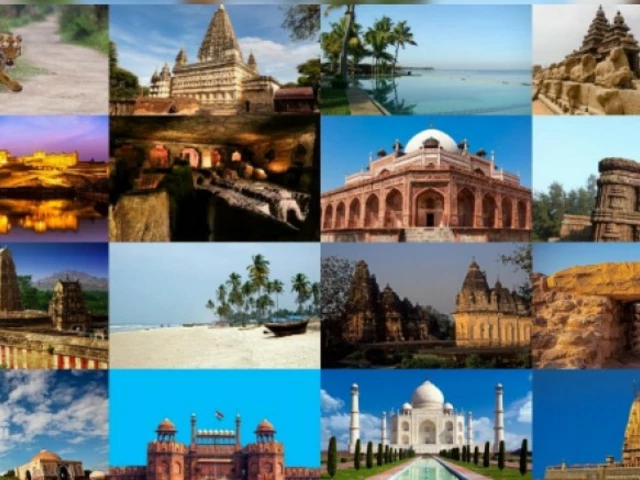The Economic Significance of Tourist Attractions
One of the most prominent reasons why tourist attractions are essential to a destination is due to their economic significance. Tourist attractions draw visitors from around the globe, who spend money on accommodation, food, transportation, and other services. This spending helps to boost local economies, create jobs, and increase the overall wealth and prosperity of the area. They often lead to the development of related industries such as hospitality and transportation, which further stimulates economic growth. They also contribute significantly to the local and national GDP, making them an important factor in a country's economic health.
Preserving Cultural and Historical Heritage
Another critical aspect of tourist attractions is their role in preserving and showcasing a destination's cultural and historical heritage. By attracting visitors, they help to ensure that these important aspects of a society's identity are not lost or forgotten. They also contribute to cultural exchange and understanding, as visitors learn about the history, traditions, and way of life of the people in the destination. This fosters mutual understanding and respect among different cultures, which is vital in our increasingly globalized world.
Promote Environmental Conservation
Natural tourist attractions, such as national parks, wildlife reserves, and protected areas, play a critical role in environmental conservation. They protect biodiversity, preserve unique ecosystems, and promote sustainable tourism practices. Through tourism, people become more aware of the importance of preserving the natural environment and often become advocates for conservation efforts. Furthermore, the revenue generated from tourism can be used to fund conservation projects, ensuring that these precious natural resources are protected for future generations.
Enhancing the Destination’s Image
Tourist attractions help to shape and enhance the image of a destination. Iconic landmarks, stunning landscapes, and unique cultural experiences can provide a destination with a distinctive identity that sets it apart from other places. This can lead to increased visibility and recognition on the global stage, attracting more tourists and further boosting the local economy. It also instills a sense of pride among the local population, who see their home as a place worth visiting.
Fostering Community Development
Tourist attractions can also foster community development by creating job opportunities, improving infrastructure, and promoting social cohesion. The revenue generated from tourism can be used to improve local services and facilities, such as schools, hospitals, and roads. This leads to an improved quality of life for the local population. Additionally, tourist attractions often promote social interaction and cohesion by bringing together people from different backgrounds and walks of life.
Motivating Educational Opportunities
Lastly, tourist attractions provide educational opportunities for both locals and visitors. They can serve as living classrooms where people can learn about different cultures, history, and the environment. For students, they provide a hands-on learning experience that complements what they learn in school. For adults, they offer a chance to continue learning and expanding their horizons. This educational aspect of tourist attractions adds another layer to their importance, making them not just sources of entertainment, but also centers of knowledge and learning.

